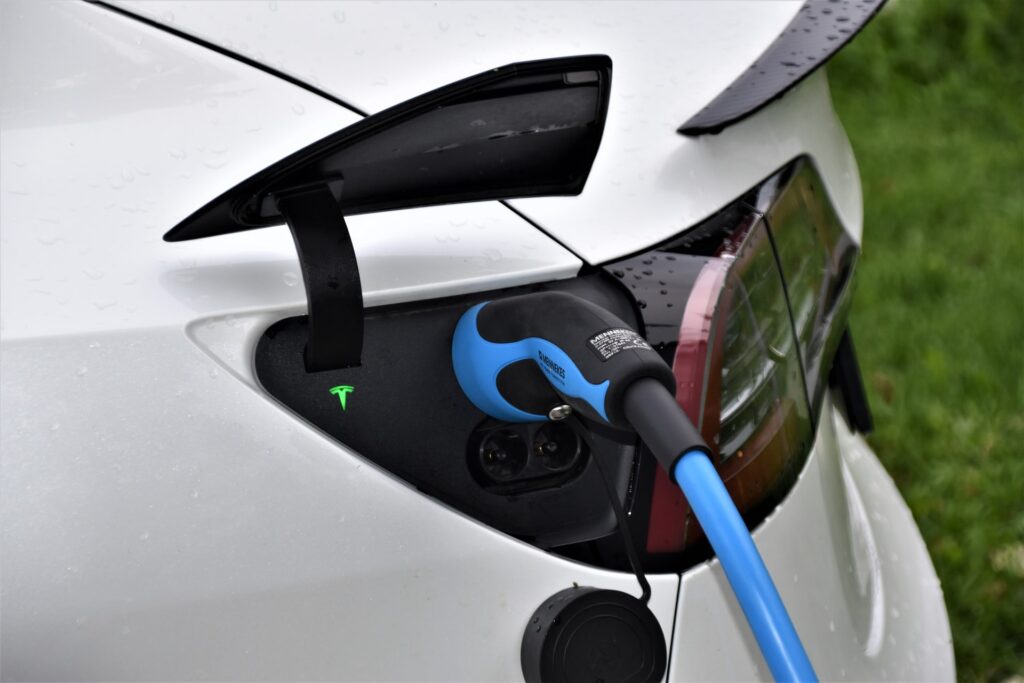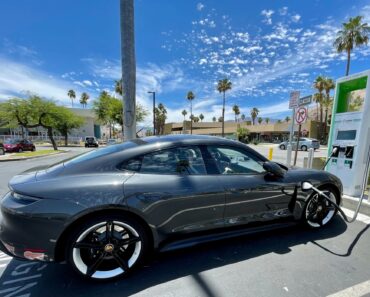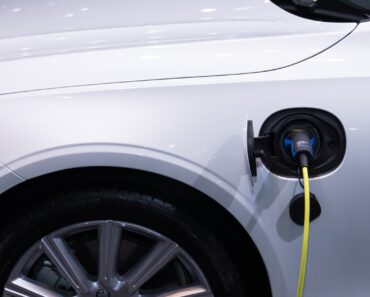Electric vehicles are different from fossil fuel cars in how they get power to move. EVs are powered by electric motors instead of internal combustion engines. As such, EVs do not burn hydrocarbon fuels but draw power from a battery. This means electric cars connect to the grid to charge instead of putting fuel inside a tank.
This difference in energy source is one of the advantages of electric vehicles because electricity is cheaper than gas in most places. However, if you plan to purchase an electric car, knowing how much it really costs to charge one is essential.
This article looks at how much it costs to charge an electric vehicle in the US and Canada. However, we will first look at the options you have to charge your car.

How do I charge my EV?
Apart from being charged for cheaper, EVs are also easier to charge than it is to buy fuel. For example, you can charge your vehicle right at home, which is very convenient as you can charge for as long as you want. It is like having a fuel station in your home!
To charge at home, you could install a Level 2 home charging station, which can typically fill up the battery overnight. However, if you want to avoid paying for the extra costs of the charging station, you can use a Level 1 charger that comes with the car, but it will take far longer to fill up the battery.
When you charge at home, the cost of the electricity is included in your monthly bill.
Another option is to use a public charger, which could be a DC fast charger. Your battery will get to 100 percent faster, under an hour. Since DC chargers are usually offered by companies running them as a network, you will pay as you pay for gas at a filling station.
Popular charging networks include Electrify America for the US and Electrify Canada for Canada, EVgo, ChargePoint, etc. Tesla runs its own Superchargers, but the company will soon be welcoming other electric vehicles that will only need an adapter to connect.
Now that you know how you will charge your EV, we will consider how much it costs to keep your EV charged and moving on the road.
How much does it cost to charge an electric vehicle in the US and Canada?
Before we go into the costs, it is important to know you can charge your electric vehicle for free! This is because some companies, businesses, or public institutions offer free charging as a way to attract EV owners to patronize them. This model, called charging, work for places where people spend some time with their cars parked, including hotels, shopping malls, Laundromats, restaurants, banks, etc.
EV charging costs can vary with the location because the cost of electricity varies from place to place. This means if you live in a state where electricity is cheaper, you will pay less than your fellow EV owners living in states where electricity costs more.
In the US, for example, on average, it costs $5.59 to charge a typical EV at home. This translates to about 4 cents per mile.
Based on the average distance American drivers cover per day, you can expect to spend about $50 per month charging your electric vehicle.
Across the border in Canada, the cost of electricity per mile is about the same, but Canadian drivers tend to drive fewer miles per day. So, an average Canadian driver will pay about $42 per month charging their car.
However, it is possible to even pay less for charging your electric vehicles. For instance, you can try to grab as many free destination charging opportunities as much as you can.
At home, you can opt to charge during off-peak periods when electricity is cheaper, like during the night or weekend. You could also switch to an electricity tariff that lets you pay less, if possible.
Some EV owners install solar panels, which, apart from producing electricity for less, ensure you are using green electricity to run your car.
You could also try to limit how often you charge by driving conservatively. For example, avoid rapid acceleration, as it tasks the battery more. Also, use regenerative braking as much as possible as it tops up your battery while you drive.






